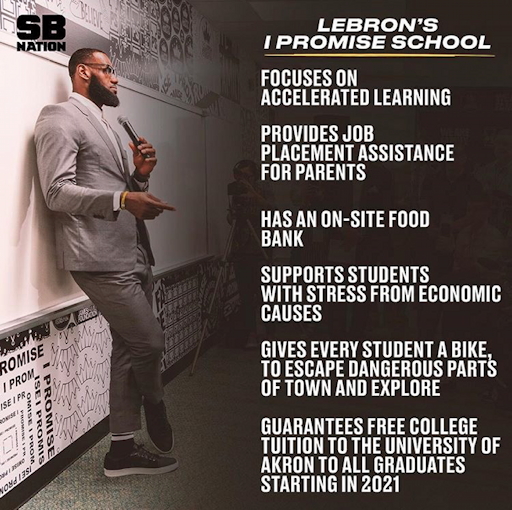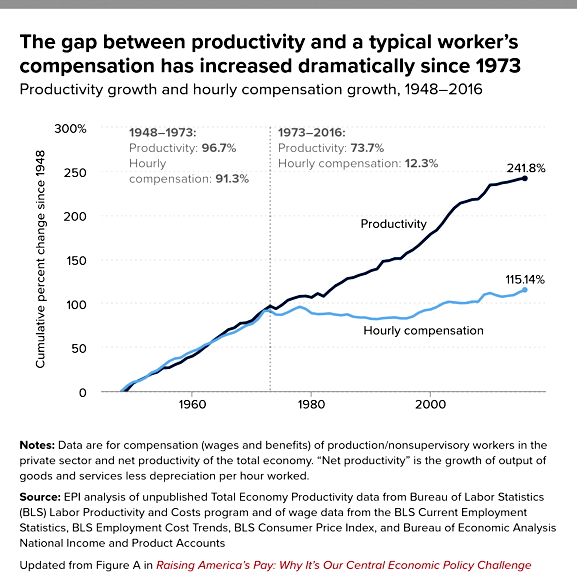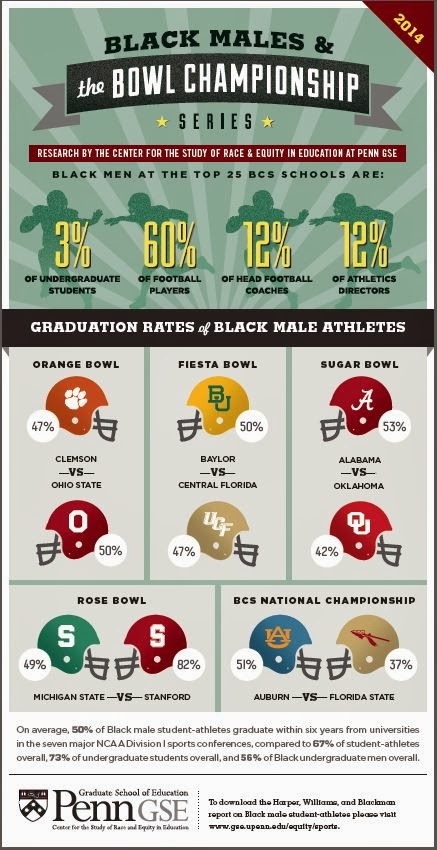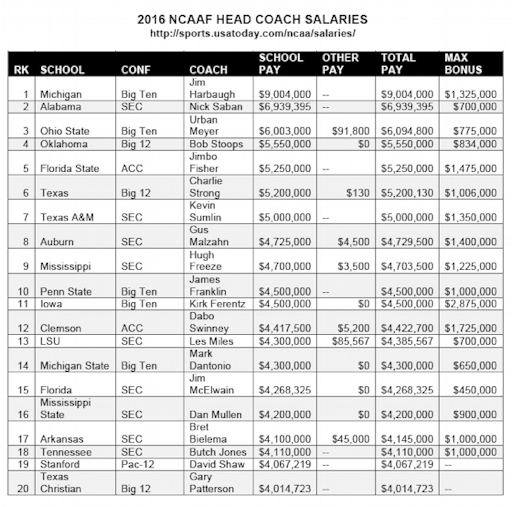I've never been a fan of LeBron James. Why? Because too many people refer to James as the "Greatest of All Time" (or G.O.A.T.) basketball player, while blatantly ignoring the fact that:
Wilt Chamberlain, a 2-time NBA Champion, set and continues to retain more NBA records than any other player; Wilt intentionally stopped scoring because he was embarrassed by scoring too much; 13x NBA All-Star; 7x All-NBA First Team; 7x NBA scoring champion; 11x NBA rebounding champion;
Bill Russell, with 11 NBA Championships, has more rings than any other player [that's right, more than LeBron (3 rings), Michael Jordan (6 rings), more than Kobe Bryant (5 rings); and
Kareem Abdul Jabbar, a 6-time NBA Champion, used his "Sky Hook" as the greatest offensive weapon in NBA history, and scored more points (38,387) than any other NBA player.
Yes, LeBron is an exceptional player - for (t)his generation - but his "stats" don't remotely compare with the character and talent of legendary NBA players such as Wilt, Russell, and Kareem; and the physical aspects of the NBA game was much more demanding as played by Wilt, Russell, and Kareem (there was no 3-point basket, there were no "acting" fouls, hand-checking was allowed, etc.).
When Kareem played, the best shoe deal endorsement he received was the receipt of "free" shoes. Conversely, as reported by USA Today Sports, Kevin Durant, aigned a 10-year deal with Nike with the potential to reach $300 million and includes a $50 million retirement package. So, what do these super-rich athletes do with all that money? What should they do? Yes, I have an answer. But first . . .
On a personal note, for at least the past 30 years I've been repulsed by the lavish salaries paid to professional athletes. Repulsed by the tax breaks municipal governments give to build and retain professional sporting teams while local school districts and park and recreation departments lack funds to build or maintain 400 meter tracks, tennis courts, or swimming pools. Likewise, I've been equally repulsed by the lack of compensation paid to NCAA Division I college athletes who are literally pimped and extorted by colleges to perform in their dog and pony athletic shows to generate mass amounts of revenue for school administration and college coaches. Plus, like the overwhelming majority of U.S. citizens, I live from paycheck to paycheck and I refuse to use my meager income to support professional athletes. I'll watch athletic events on TV or not at all - period. As reported by the Economic Policy Institute, for most U.S. workers, we work more but are paid less. Here, take a look:
As reported by TheNation.com, all television revenue, ticket and jersey sales, likeness promotions and other sources of income go to the NCAA, the schools, the coaches, the event staffs and everyone else involved in the business—except for the athletes creating the value. In 2014, the NCAA men’s basketball tournament generated $1.15 billion in television ads, well beyond the revenue generated by the NFL and NBA playoffs, according to ESPN. As reported by CBS Money Watch, the odds of winning a NCAA sports scholarship are miniscule. Only about 2 percent of high school athletes win sports scholarships every year at NCAA colleges and universities. Yes, the odds are that dismal. For those who do snag one, the average scholarship is less than $11,000. Full-ride sports scholarships are scarce. There are only six sports where all the scholarships are full ride. These so-called head-count sports are football, men and women's basketball, and women's gymnastics, volleyball, and tennis. In these Division I sports, athletes receive a full ride or no ride.
Here's how it works:
1. Often urban (Black) or rural (White) schools with poor athletic facilities and poor support services pinch athletes to perform in the "big show" of NCAA Division I schools. For example, as validated by the following research from 2014 on average, only 50% of Black athletes graduate from college:
Conversely, as posted at NCAA.org, the NCAA's most recent data indicate that more than eight out of 10 (82 percent) Division I student-athletes are earning their degrees. Overall, college student-athletes graduate at rates higher than college students in general. So, who do you believe?
2. NCAA Division I coaches are literally paid millions and millions of dollars; conversely, some but not all student athletes only get a "free ride" of paid college tuition, room and board, books, and perhaps, a small stipend. Here, take a look:
3. The overwhelming majority of NCAA Division I athletes are not pinched to play professional sports, and instead, they follow their chosen academic career path, or as with many Black athletes, they fail to finish college and end up unemployed or incarcerated. What percent of college athletes actually turn pro? As reported by businessinsider.com, here's how many college athletes turn pro:
Baseball: 11.6% of college players play professionally, 0.6% of high school players do
Football: 1.7% of college players play professionally, 0.08% of high school players do
Men's ice hockey: 1.3% of college players play professionally, 0.1% of high school players do
Men's basketball: 1.2% of college players play professionally, 0.03% of high school players do
Men's soccer: 1.0% of college players play professionally, 0.04% of high school players do
Women's basketball: 0.9% of college players play professionally, 0.03% of high school players do
So, given the unlikelihood that a high school athlete will get a NCAA Division I scholarship, and the unlikelihood that a college athlete will become a professional athlete, and the unlikelihood that a professional athlete will become "rich" with robust financial resources; and the unlikelihood a professional athlete will have the altruism to give anything greater than "chump change" to actually help anyone, the recent act of altruism by LeBron James is particularly exceptional.
Here, watch this:

CLICK ABOVE IMAGE TO READ ARTICLE FROM SBNATION.COM
As reported by Celebrity Net Worth.com:
After this Lakers contract ends, LeBron will have made about $390 million on the court. Over 19 seasons, that equates to about $20.5 million a year. Only two other players – Kobe Bryant and Kevin Garnett – have made more than $300 million on the court. LeBron typically earns around $60 million PER YEAR from endorsements. As of this writing, between endorsements and salary LeBron's career earnings are $600 million. When you combine his new salary and upcoming endorsements, LeBron's career earnings will easily top $100 million every year for the next four years. Perhaps closer to $110 or $120 million. At at the $100 million level, by year four of his contract LeBron James will pass the $1 billion career earnings mark. That will put him in an extremely exclusive billion-dollar athlete club that currently has three members: Michael Jordan, Tiger Woods, and Floyd Mayweather, Jr.
But although LeBron James and many of his peers are "rich," and he's clearly a member of that top 1% of the richest U.S. citizens, please keep in mind LeBron James is NOT "wealthy." FACT: LeBron James is an employee, he has bosses, LeBron James "works" for people who are, in fact, wealthy. I'll say it again, there are milions of "rich" people, but "rich" people typically work for or are ultimately controlled by people who are "wealthy." Given the aforementioned, what do wealthy people do?
Unlike LeBron James, multi-billonaire Oprah Winfrey, she's number 239 on the Forbes 400 list of the richest and wealthiest U.S. citizens, she's wealthy. Many Black people, especially Black men, are concerned that Winfrey launched the television success of two White men who were already "rich," Dr. Phil McGraw via the "Dr. Phil" program, and Dr. Mehmet Cengiz Öz via the "Dr. Oz" program; but Winfrey has not "anointed" a Black male, or other Black women, with the opportunity for such financial success. Why is that?
LeBron James "gave back" to the neighborhood in Arkon, Ohio where he grew up by building a school there. Conversely, instead of focusing on the educational development of Black children in cities where she grew up (Kosciusko, Mississippi; Milwaukee, Wisconsin; Nashville, Tennessee), Winfrey created the Oprah Winfrey Leadership Academy for Girls in Henley on Klip south of Johannesburg, South Africa.
Does it matter? As reported by CNBC.com in 2017, of the 10 worst states to live Mississippi is ranked 7th, and Tennessee is ranked 9th, and as reported by Marc V. Levine of the University of Wisonsin at Milwaukee, for decades Milwaukee has held the highest or second highest rate of unemployment for Black men in the United States.
Does it matter? Ask President Trump if it matters when extremely wealthy U.S. citizens appear to have an affinity to develop "relationships" with people outside of the United States.
On the other hand, consider the example of Ted Turner:
As a philanthropist, he is known for his $1 billion gift to support the United Nations, which created the United Nations Foundation, a public charity to broaden domestic support for the UN. Turner serves as Chairman of the United Nations Foundation board of directors. Additionally, in 2001, Turner co-founded the Nuclear Threat Initiative with US Senator Sam Nunn (D-GA). NTI is a non-partisan organization dedicated to reducing global reliance on, and preventing the proliferation of, nuclear, chemical, and biological weapons. He currently serves as Co-Chairman of the Board of Directors. Source: Wikipedia
Let's applaud LeBron James for "giving back" to his community, and hopefully, other "rich" professional athletes will do the same. In fact, since it's primarily upper-income middle class people who attend professional and NCAA Division I sporting events and not paycheck-to-paycheck "regular folk" who don't make enough money, why don't local governments establish a revenue tax on pro sports and NCAA Division I teams specifically dedicated to fund the athletic programs of school districts where professional teams are located? Why not?
QUESTION 1: Likewise, instead of sitting on their wealth or engaging in grant-based "social philantrophy" as do Bill Gates and other billionaires, isn't it about time the wealthiest people, those people who truly own and control all aspects of the United States, did the unimaginable and coalesced their mighty wealth and power and made a college education "absolutely free" to all citizens of the United States?
QUESTION 2: As the wealthiest nation in the world, why can't the United States be better than Norway, Finland, Sweden, Germany, Slovenia, and France that offer free or virtually free college education to their citizens?
ANSWER: Obviously, the overwhelming majority of "rich" and "wealthy" people in the United States of America, which includes nearly every member of Congress, lack the mental acumen to coalesce effective team building, and most importantly, they are stingy and selfish. Keep in mind, Frank Sinatra was not as rich as LeBron James, but during his lifetime, Frank Sinatra, the man and performer, and civil rights activist raised in excess of one billion dollars for various charities worldwide. Frank Sinatra's philanthropic work is legendary and continues after his death through the Frank Sinatra Foundation. Clearly, LeBron James is no Frank Sinatra. However, for the time being, I’ll briefly give LeBron James a pass, and if he becomes wealthy, hopefully James won't be as stingy and selfish as his wealthy peers.
I welcome your feedback.
Trip Reynolds
trip.reynolds@yahoo.com
![]()
 |
Reynolds' Rap First Amendment to the United States Constitution - Congress shall make no law respecting an establishment of religion, or prohibiting the free exercise thereof; or abridging the freedom of speech, or of the press; or the right of the people peaceably to assemble, and to petition the Government for a redress of grievances. |




